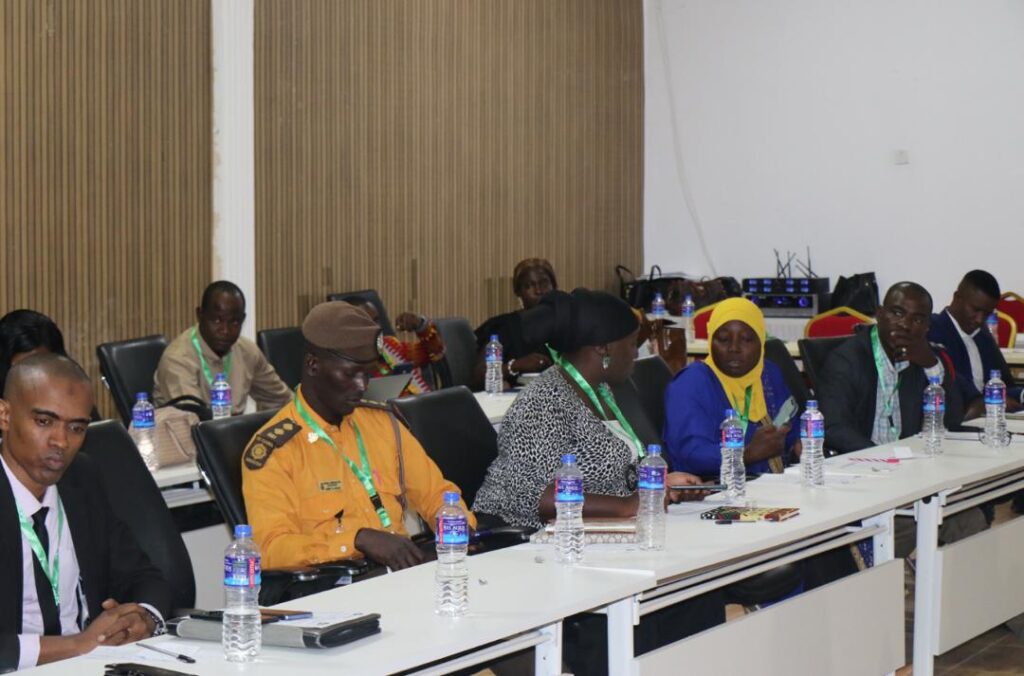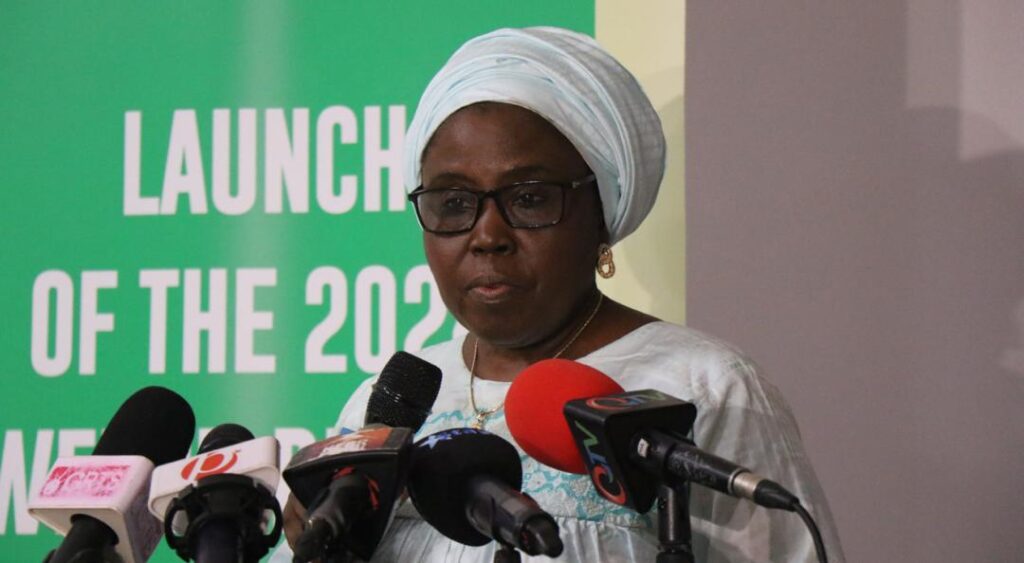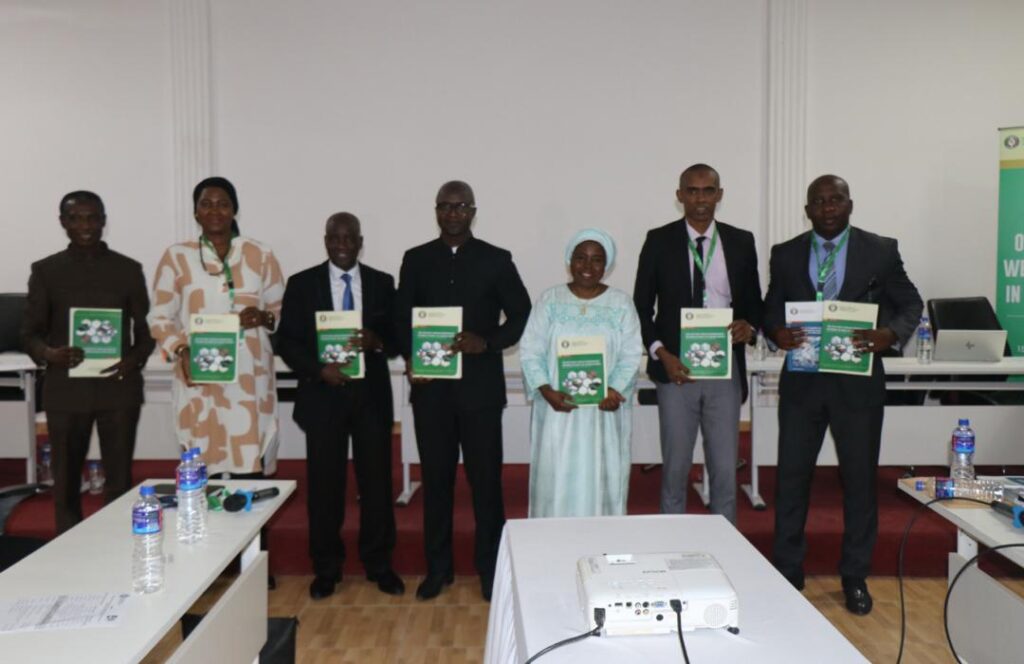ECOWAS Unveils 2024 WENDU Report in Banjul, Beef Up West Africa’s War on Drugs.
By Raymond Enoch
In a decisive step toward curbing drug abuse and trafficking across the region, the Economic Community of West African States (ECOWAS) officially launched the 2024 West African Epidemiology Network on Drug Use (WENDU) Report on October 15, 2025, in Banjul, The Gambia. The report, which spans all 12 ECOWAS Member States for the first time, marks a transformative milestone in regional drug control efforts, delivering actionable, data-driven insights to shape public health and security strategies.

Speaking at the high-profile launch, Dr. Sintiki Tarfa Ugbe, Director of Humanitarian and Social Affairs at the ECOWAS Commission, hailed the report as a leap forward in evidence-based policymaking. “The 2024 WENDU Report sets a new benchmark for data integrity and scope,” she declared, noting the inclusion of a comprehensive policy brief and a peer-reviewed publication to guide targeted interventions. “It offers a clearer picture of the region’s drug landscape and will catalyze smarter, faster, and more coordinated responses.”

The WENDU project is a cornerstone of ECOWAS’ regional drug control strategy, systematically gathering and analyzing data through a network of national focal points and surveillance sites. The latest edition of the report identifies emerging drug trends and assesses the impact of interventions across the region, while reinforcing the need for expanded rehabilitation, treatment, and prevention infrastructure.

Dr. Ugbe also revealed ECOWAS’ ongoing financial commitment of over $1.4 million to combat drug abuse, including the establishment of rehabilitation centers in 10 Member States and the training of more than 200 professionals under the Universal Treatment and Prevention Curricula. National Drug Master Plans have been developed in 14 Member States and Mauritania with ECOWAS support.
In a resounding show of national commitment, Mr. Demba Ceesay, Director General of The Gambia’s Drug Law Enforcement Agency (DLEAG), announced the construction of the country’s first-ever specialized drug treatment and rehabilitation center—a direct outcome of WENDU’s data-driven guidance. “This center marks a shift from punitive responses to compassionate rehabilitation,” said Ceesay. “The WENDU Report should serve as our regional compass—directing prevention, treatment, and reintegration strategies.”
Representing the Gambian Ministry of Interior, Deputy Permanent Secretary Mr. Abraham Mendy reaffirmed the government’s dedication to cross-border and global cooperation. “Drug abuse disproportionately affects our youth and communities,” he stated. “The WENDU Report arms us with the data to act decisively and collaboratively.”
Launching the report on behalf of the Ministry of Health, Dr. Momodou T. Nyassi emphasized its dual role as “both a mirror and a guide”—highlighting the harsh realities of addiction while pointing to evidence-backed solutions. He called on all stakeholders to adopt a unified, compassionate, and health-oriented approach that places mental health and addiction treatment at the heart of public health priorities.
Now in its fifth edition, the 2024 WENDU Report is more than a document—it is a call to action. As West Africa battles a growing drug crisis, the report stands as a powerful tool for governments, law enforcement, health professionals, and civil society to work from a common foundation of truth, data, and shared responsibility.
The road ahead may be steep, but with the WENDU Report as a guide and ECOWAS’ unwavering leadership, the region is poised to move from reactive enforcement to sustainable, human-centered solutions.










